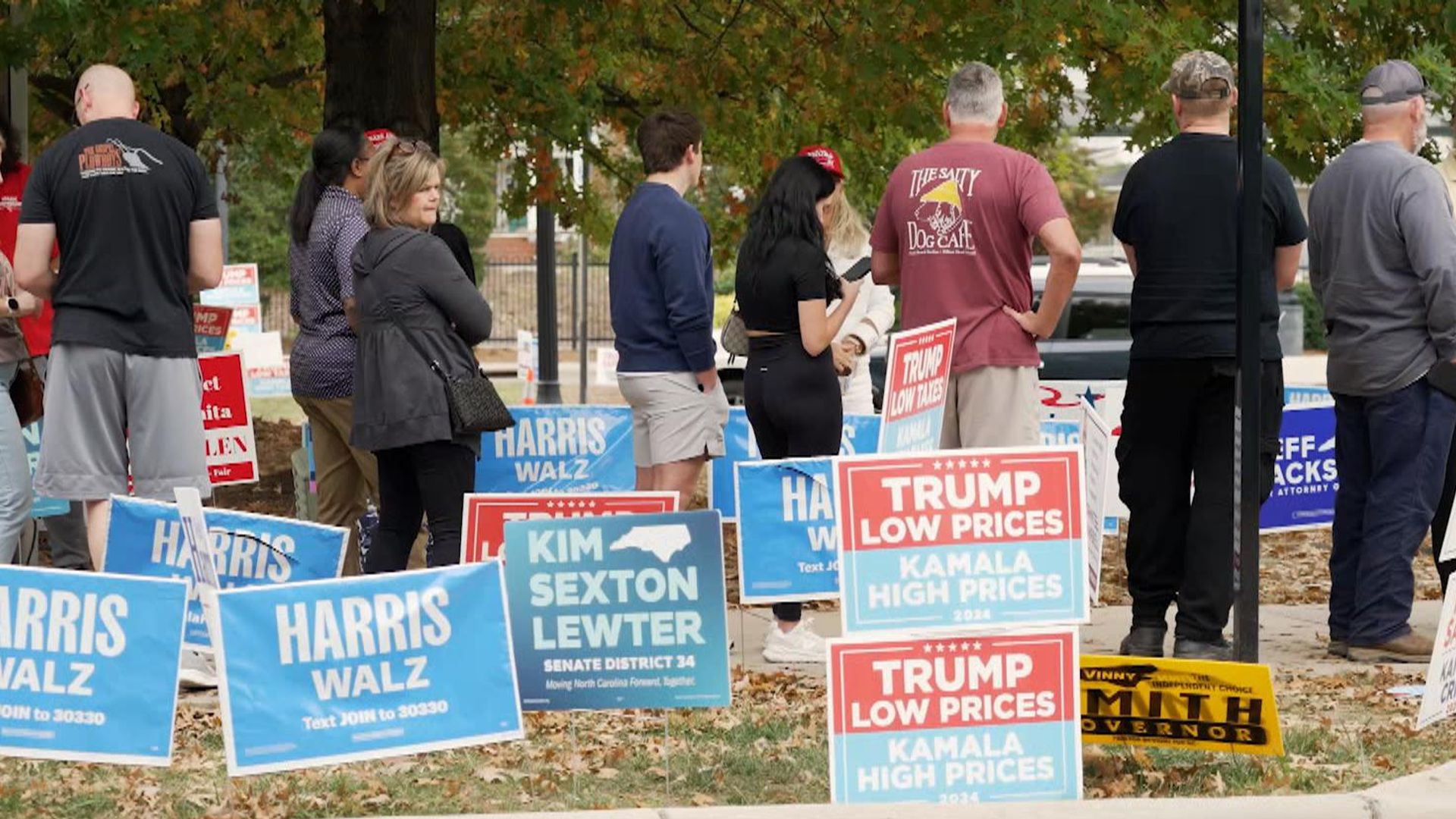
PORTLAND, Maine — Phoebe, Annie and Silver are far from their wild, western home but not for much longer.
The trio of neglected, untamed mustang horses rescued from a southern Maine farm last summer will soon be headed back to the other side of the Rocky Mountains, where they came from. There, they will be set loose to live out their natural lives, galloping free, on a 9,000 acre wild horse preserve.
“There was no other option,” said Meris J. Bickford, CEO of the Maine State Society for the Protection of Animals in Windham, where the horses have lived since last July.
The horses have rebuffed all attempts at domestication and cannot be adopted, Bickford said.
According to the Mustang Heritage Foundation, there are currently around 72,674 wild horses living across 10 western states. A mustang is a free-roaming horse descended from those brought to the Americas by the Spanish, according to the foundation website.
“Mustangs are often referred to as wild horses, but there is debate over terminology,” states the website. “Because they are descended from once-domesticated horses, they can be classified as feral horses.”
The three Maine mustangs were part of a group of 20 horses seized by state authorities last year because their owner was not providing basic health care or enough food.
The Society was founded in 1872. Its mission from the start, has been the protection and welfare of neglected and abused horses. But four of the 20 rescued horses brought to the Society were in such bad shape, they had to be euthanized.
“They were so malnourished, their internal organs were failing,” Bickford said.
The rest, including Phoebe’s foal, have all been nursed back to health and adopted, leaving just the three mustangs.
“They look like regular horses,” Bickford said, “but they’re definitely wild — like a moose, or a deer or a bear.”
Reluctant to engage with humans, the mustangs cannot be safely handled for routine health or hoof care at the society’s farm. This means they can’t even be adopted as pets or companion horses.
Their only true home is the wilderness. They don’t belong here in Maine.
Phoebe, Annie and Silver were originally rounded up and captured by the Federal Bureau of Land Management in the Idaho wilderness about two years ago. As adult horses, they were not good candidates for adoption out west so the government put them for sale on a website for about $150 apiece.
“They were in the slaughter pipeline,” Bickford said.
But instead of being sold to a slaughterhouse, someone in southern Maine bought them, likely thinking they were doing a good thing. Bickford speculates that person was then probably overwhelmed by just how wild the horses really turned out to be.
Now that the mustangs are in good health, the Society decided the only good place for the horses is back where they came from. To make that happen, they’re partnering with Skydog Ranch in Oregon.
The nonprofit’s Oregon ranch is already home to more than 100 wild horses and over 30 wild and rescued burros.
But getting Phoebe, Annie and Silver to their final destination will not be easy or inexpensive. Bickford estimates the total cost will run upwards of $30,000.
The horses can’t ride in a regular trailer or be let out at special “horse motels” at stops along the way.
“They can’t be haltered or led,” Bickford said.
Instead, they will be corralled onto a special, air conditioned trailer where they will have to remain during the entire journey. Additionally, Society staff members will need to accompany the mustangs, monitoring their health and wellbeing during the stressful journey.
The public can follow the horses on their trip via special reports on Facebook and Instagram.
Bickford said she hopes the attention might help the society raise additional money to help defray the transportation costs.
“We’ve already started to receive donations today, just after we announced this on social media,” she said.
By mid afternoon on Thursday, the Facebook post had nearly 500 likes and over 50 message responses.
“OMG! That was always my wish for these mustangs,” wrote Lauren Masellas. “My heart is bursting with joy for them.”
Most other comments were similar.
“A happy ending to what had been a sad story for these beautiful horses,” wrote Anita Lewis.
Bickford said the horses will begin their western passage sometime between June 15 and 18, depending on when the carrier arrives.
Though it’s a big, expensive undertaking, she believes it’s worth the effort.
“We’re not kooks,” Bickford said. “We can’t justify keeping them here. It’s our job to make a determination about what is best for the horses in our care. It’s what we do.”









